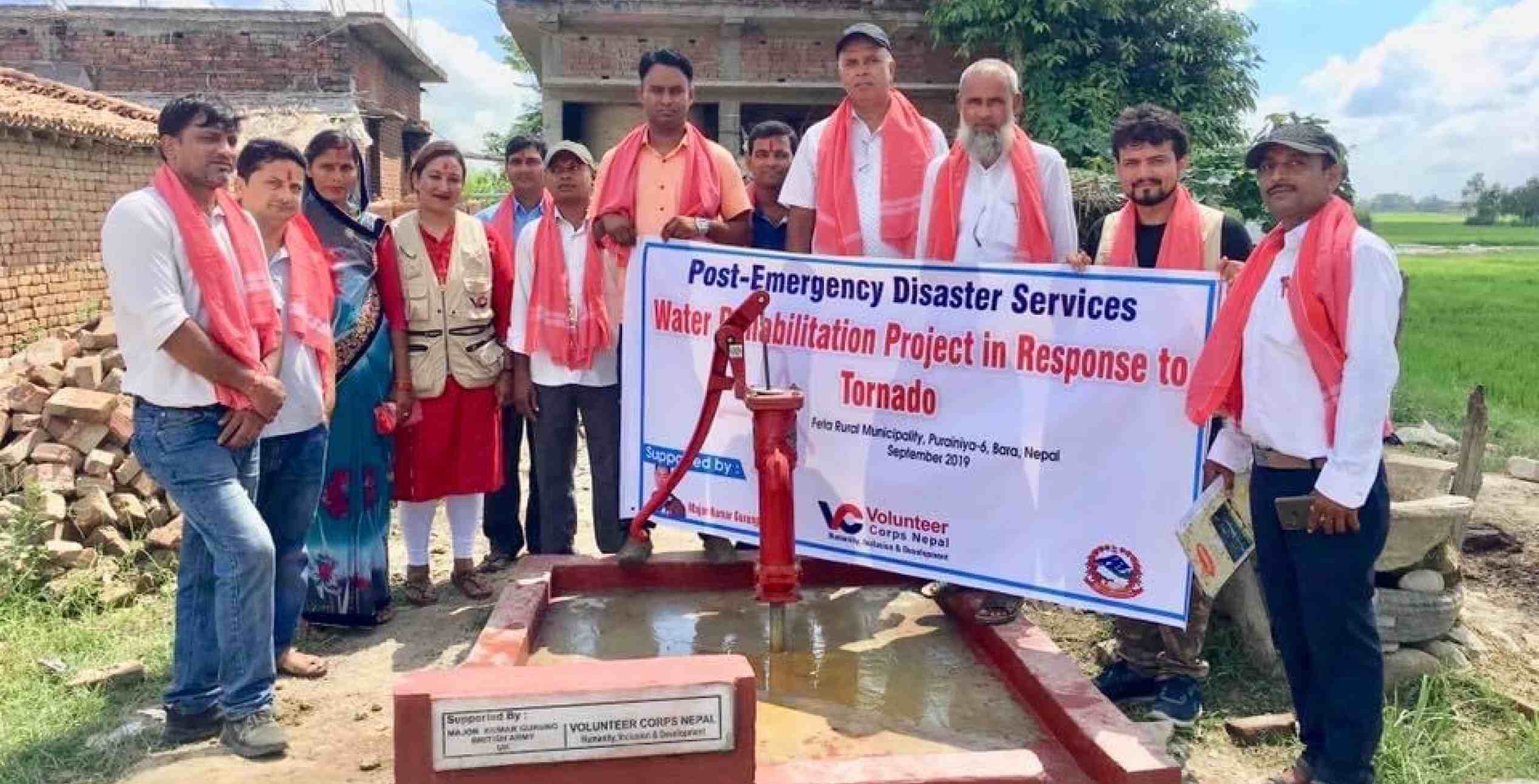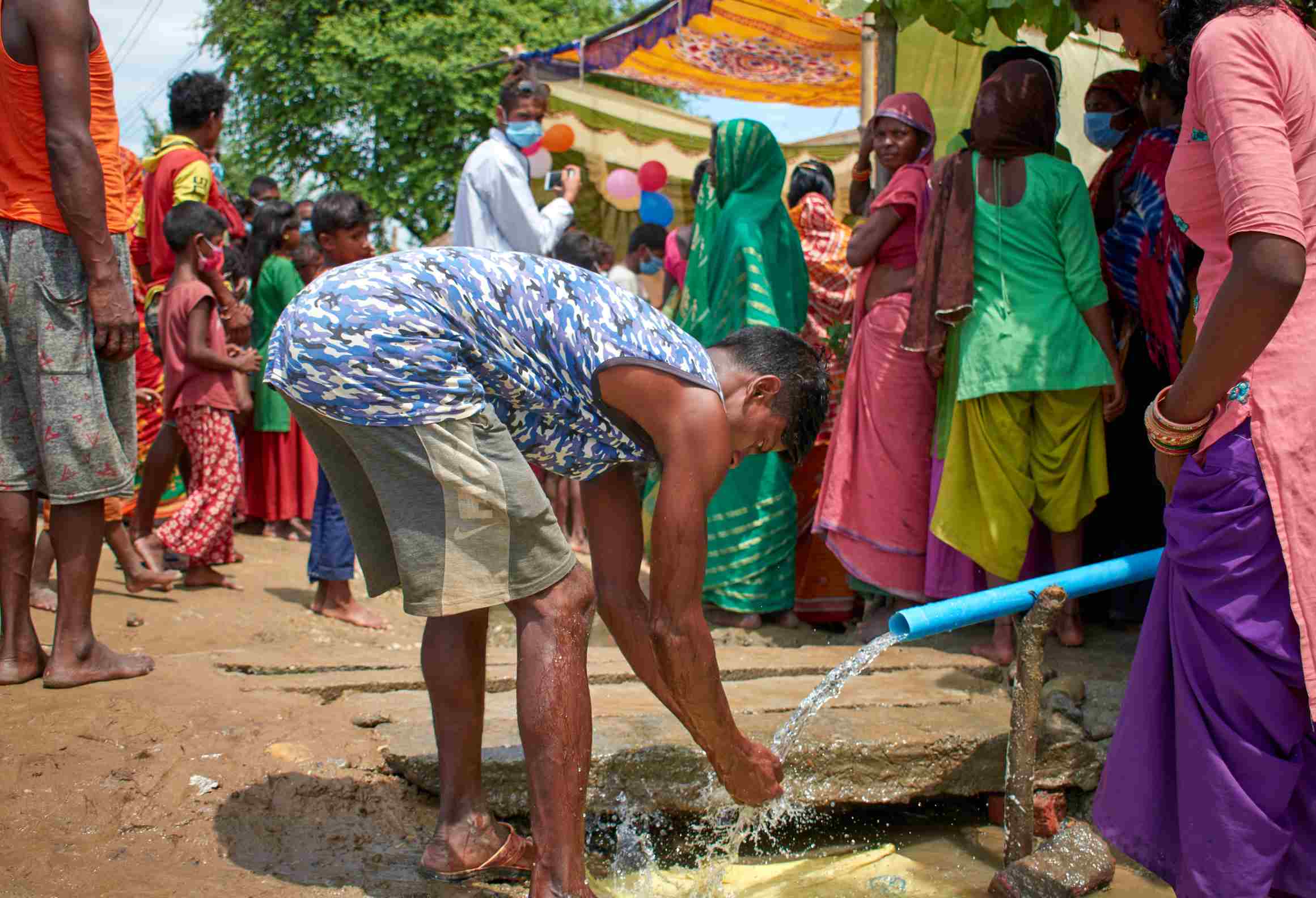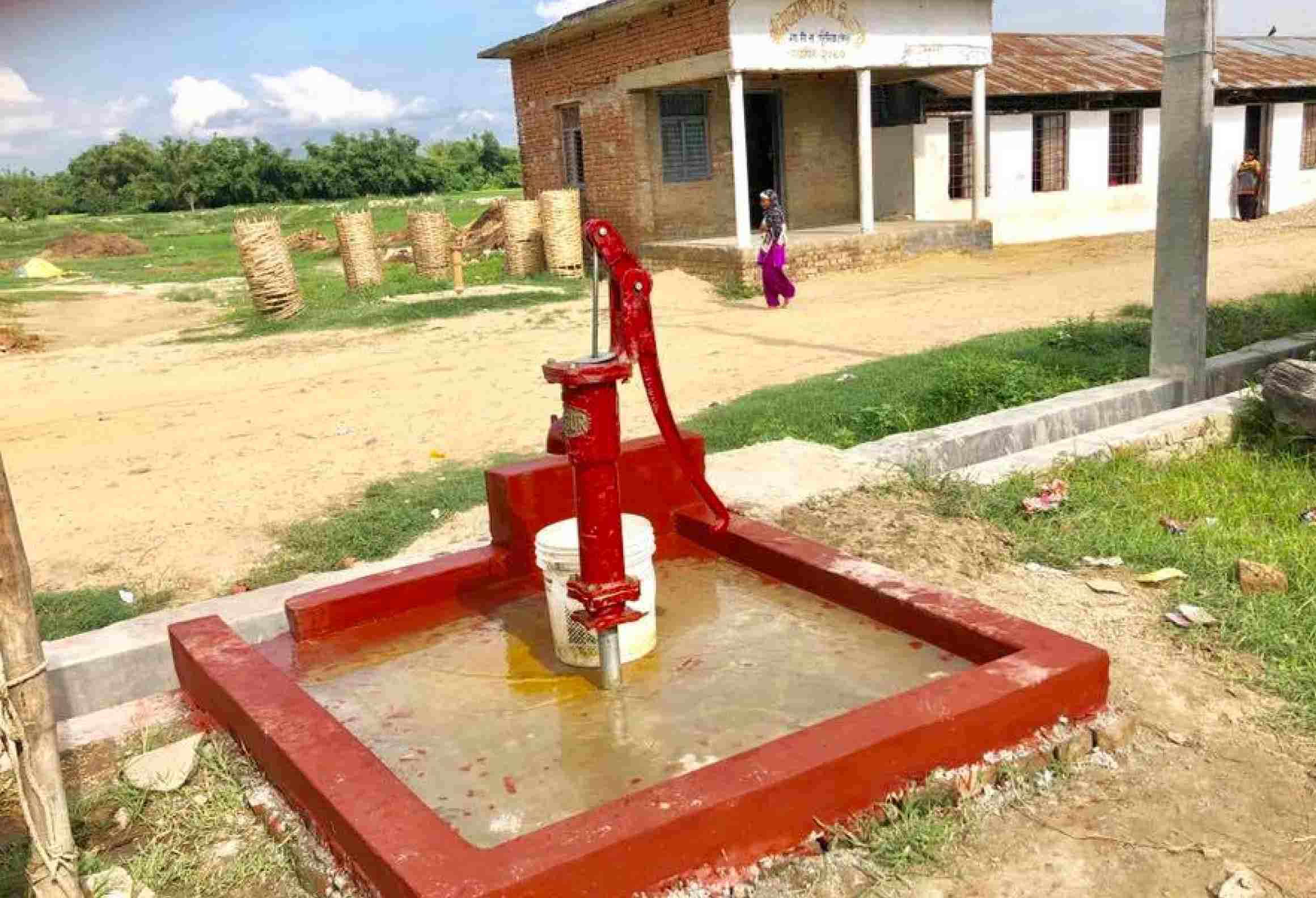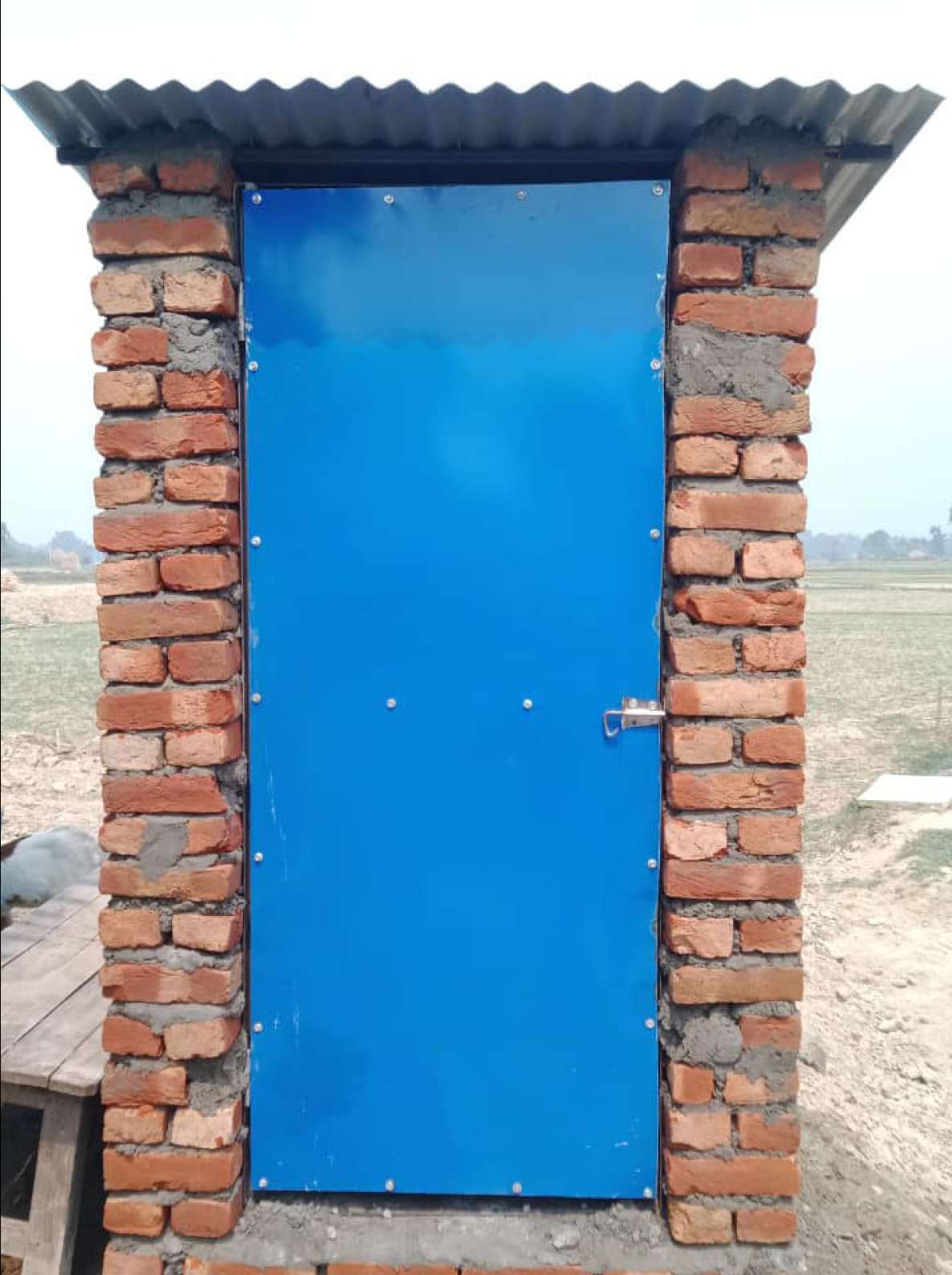Building Resilient Communities
Beyond the initial 24-hour rescue and relief efforts, VCN implements long-term development projects that integrate Innovation, Impact, & Inclusivity. Our development initiatives focus on disaster-affected communities, providing essential facilities in Agriculture, Education, Health, Shelter, and WASH (Water, Sanitation, and Hygiene). By empowering vulnerable communities, we ensure that no one is left behind.

Education is often the first service to disappear in a disaster and the last to be resumed. Recognizing this, VCN supports vulnerable school children through various programs from setting up Temporary Learning Centers (TLCs) to infrastructure support. We provide WASH facilities, furniture, libraries, psychosocial counseling, school uniforms, educational materials, and nutritional food packages including sponsorship. We educate them on behavioral change among children on health, hygiene, and disaster risk reduction, and engage in long-term solutions like teacher training and community awareness. By addressing these needs, VCN aims to create a sustainable educational environment for children during and after disasters.
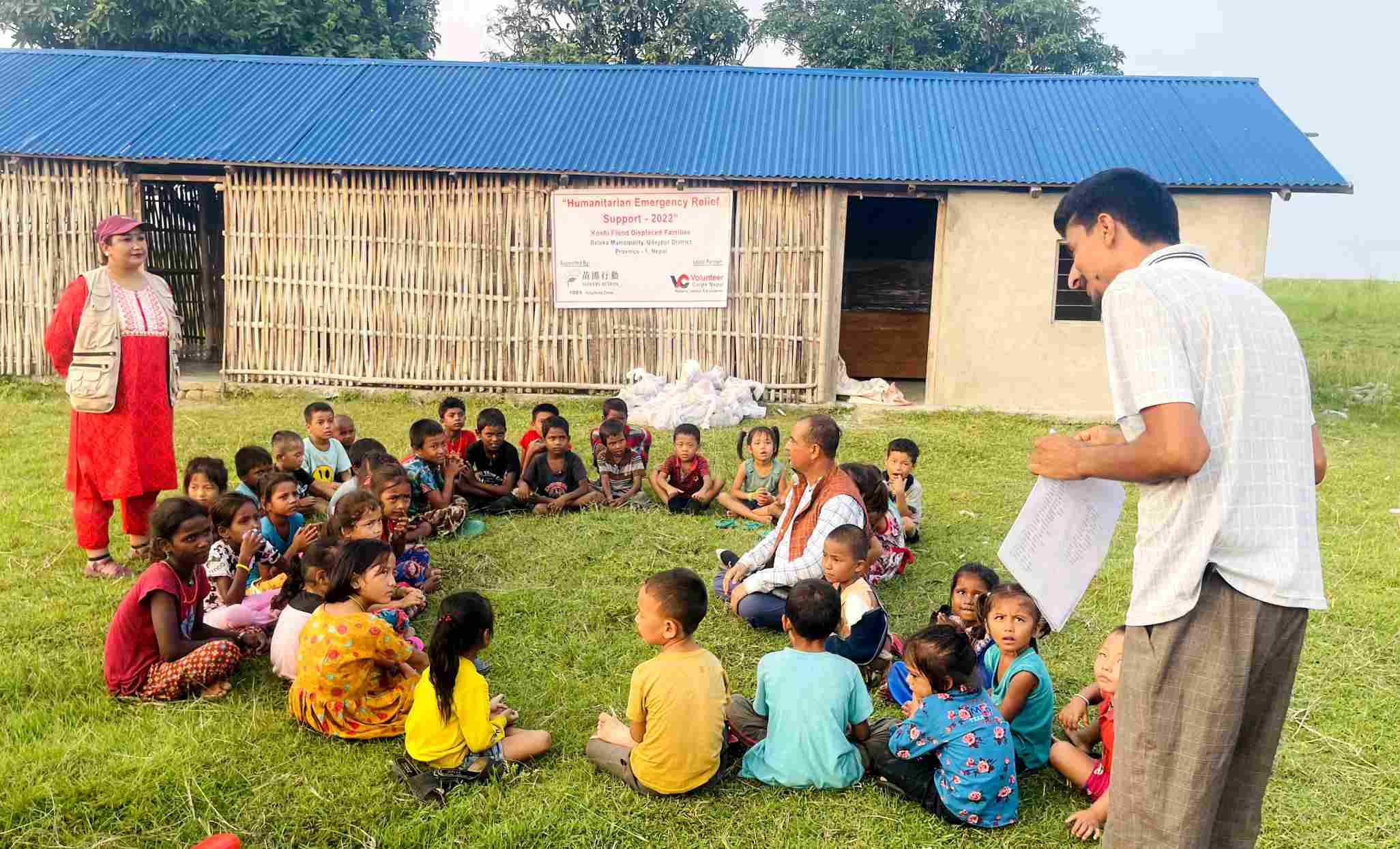
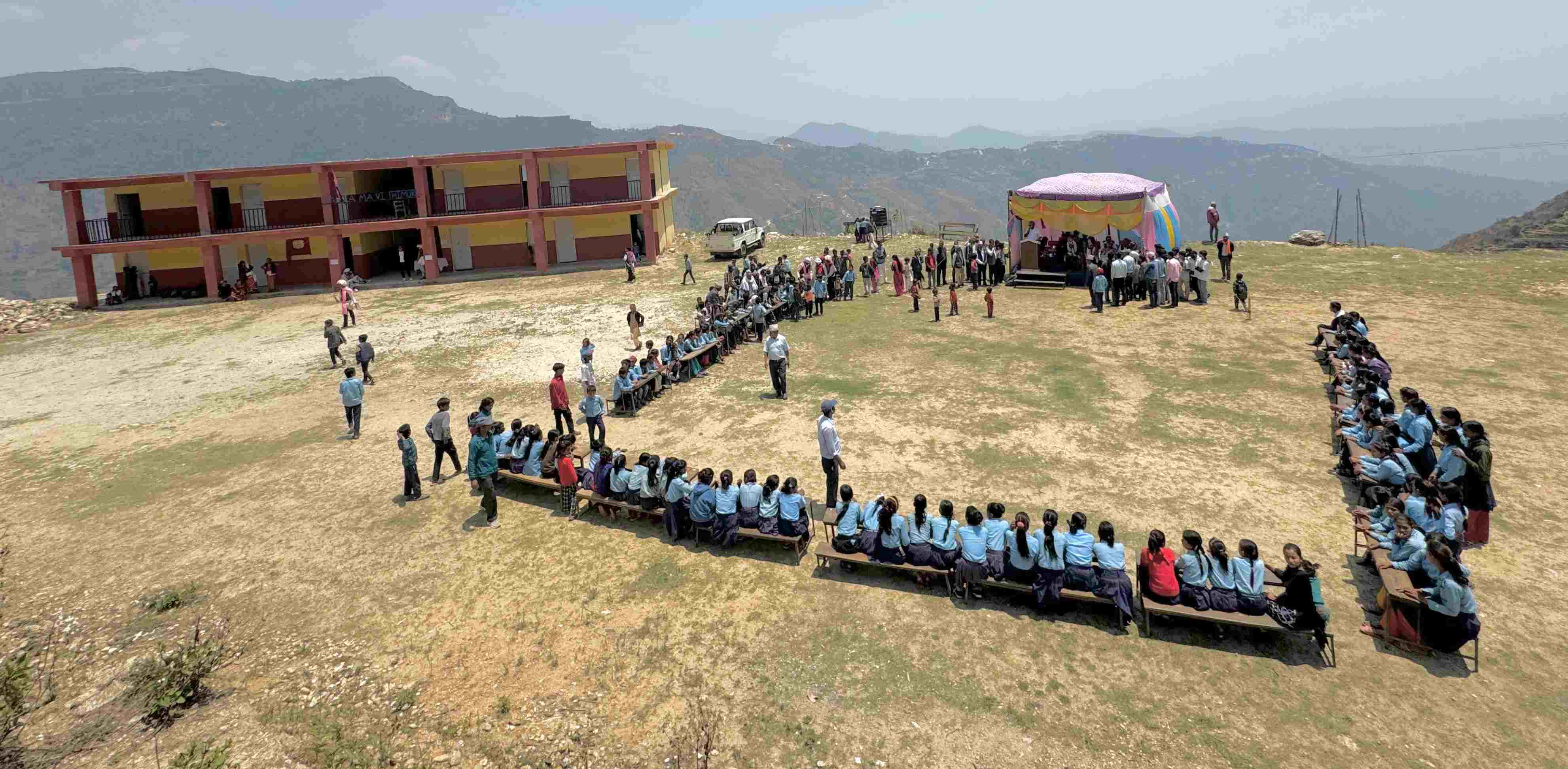
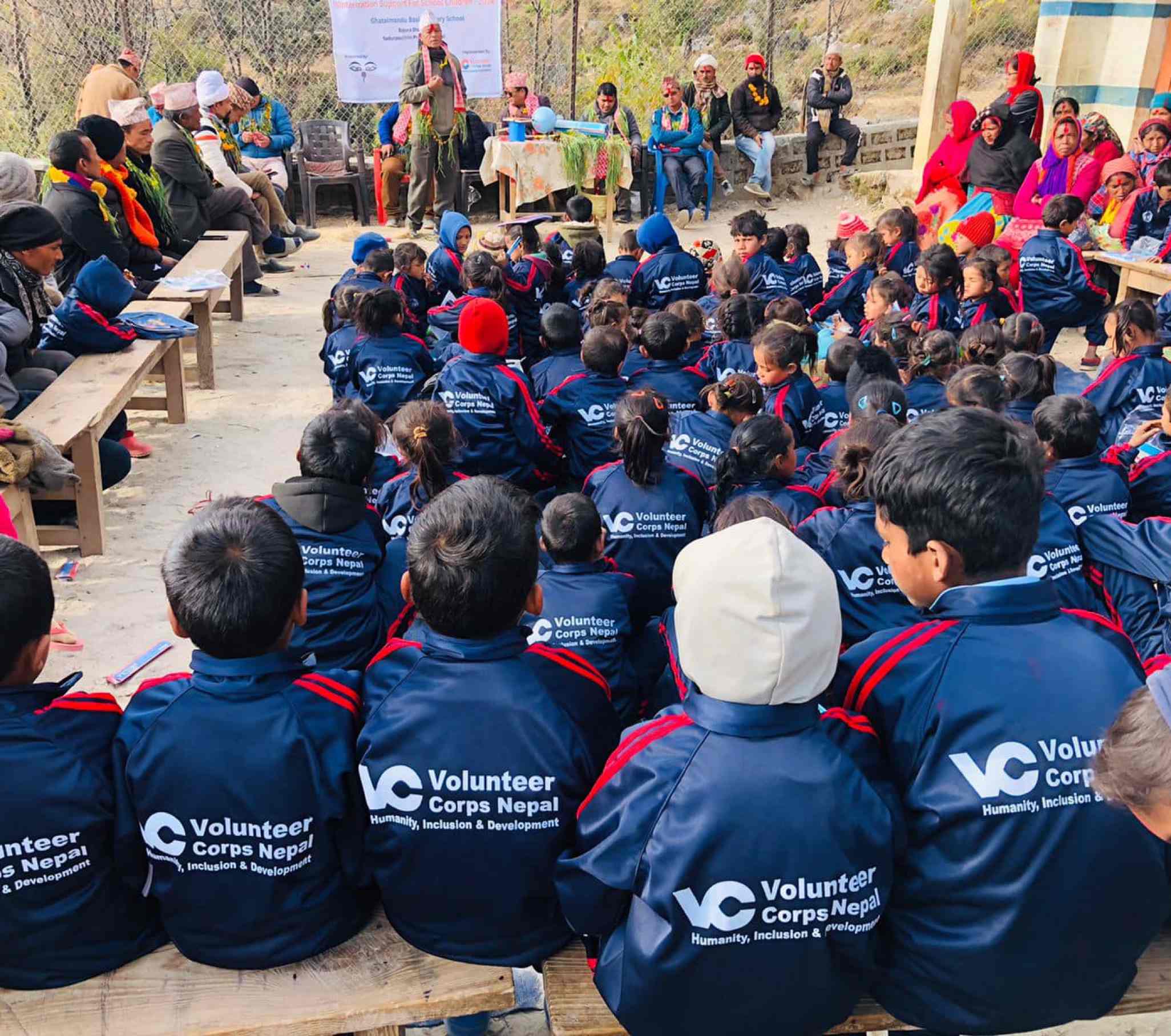

When disasters strike, VCN promptly deploys health volunteers to provide life-saving aid through first aid services. We establish rural health clinics and mobile health units to ensure timely medical care and the availability of essential supplies. To prevent disease outbreaks, we conduct awareness campaigns, provide clean water, sanitation facilities, and hygiene kits, and implement measures to control vector-borne diseases. Additionally, we establish mental health support programs, organize vaccination and testing drives, and train communities on emergency health practices and personal hygiene. Our efforts also include strengthening healthcare infrastructure and ensure long-term resilience.
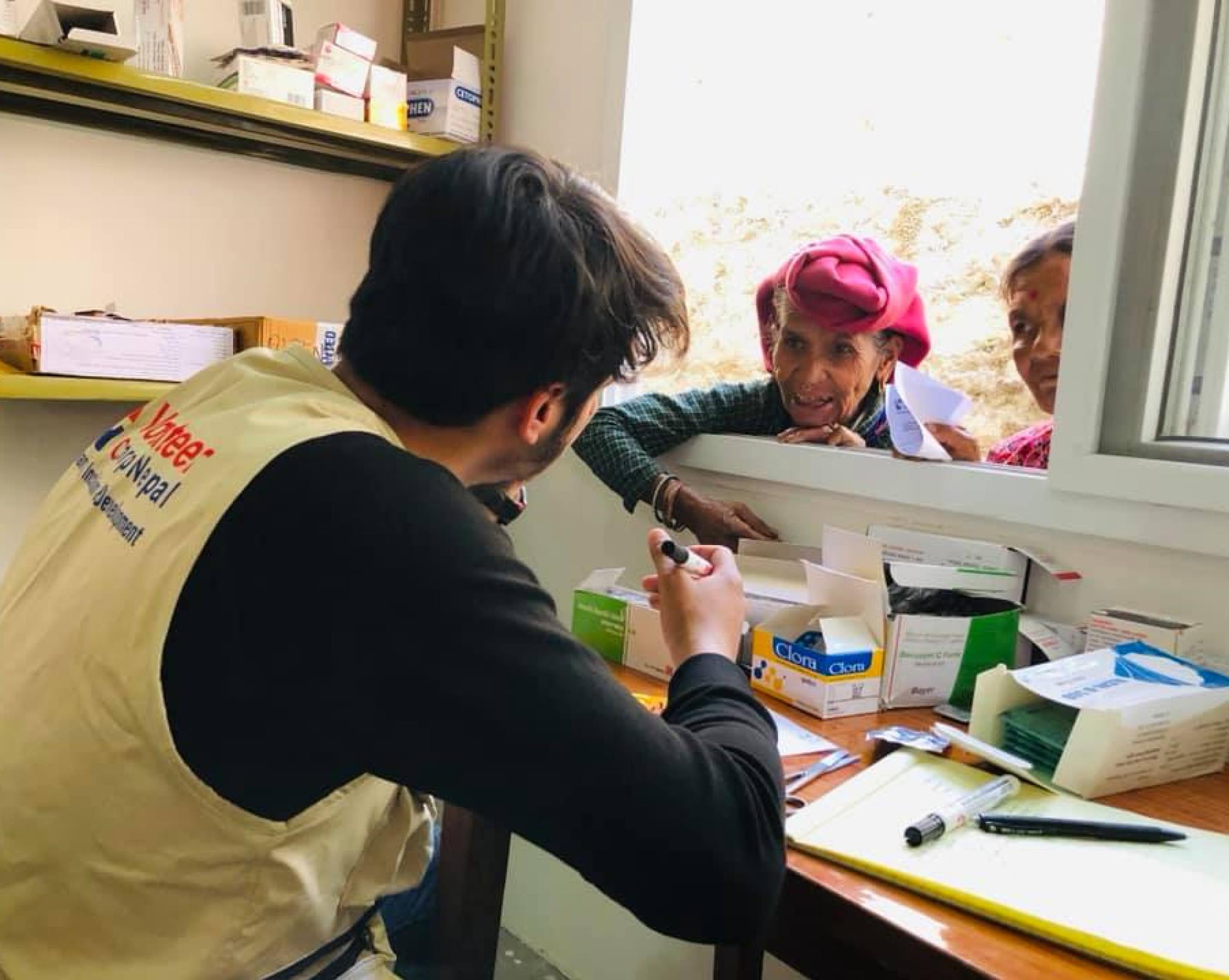
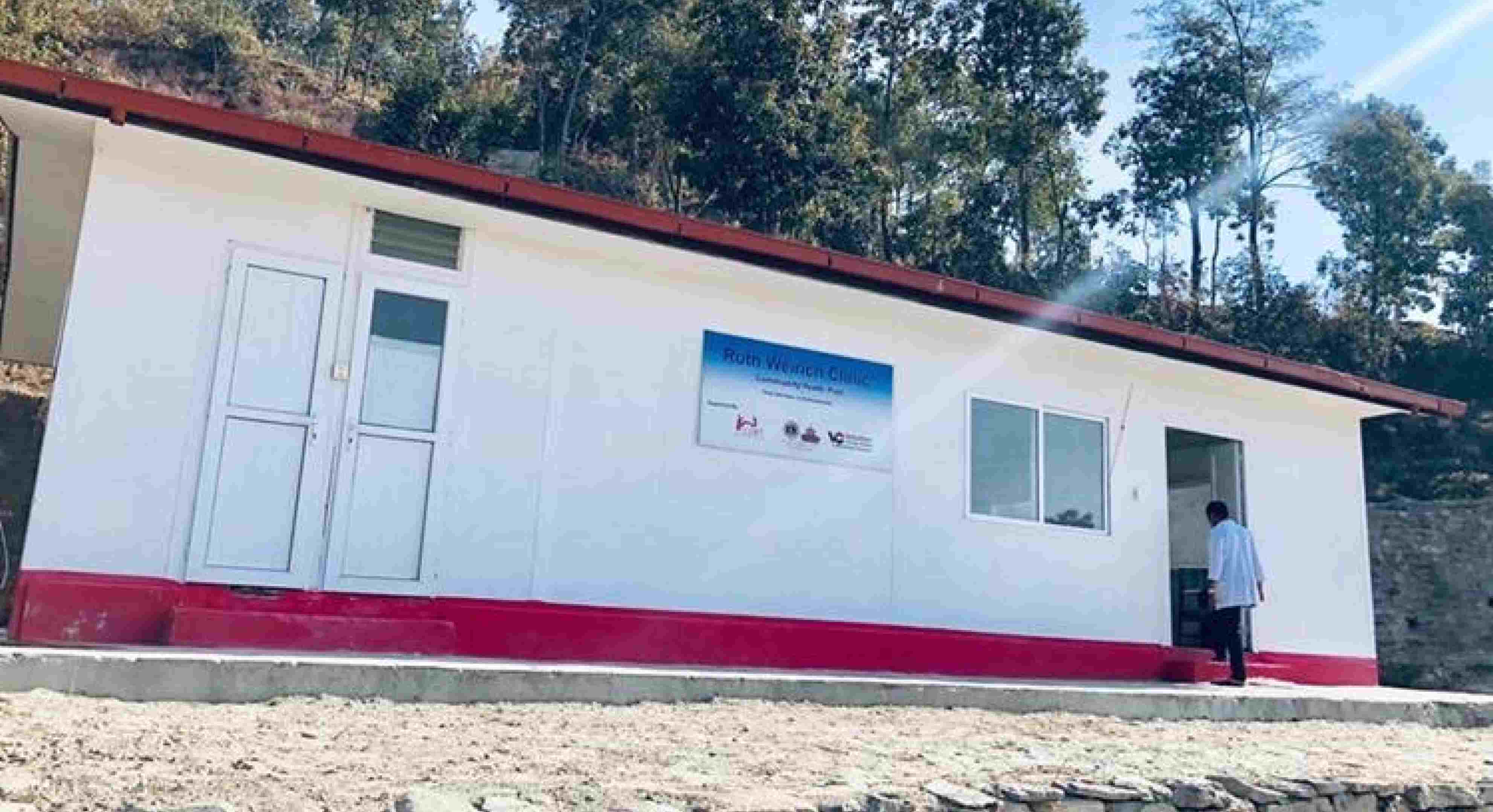
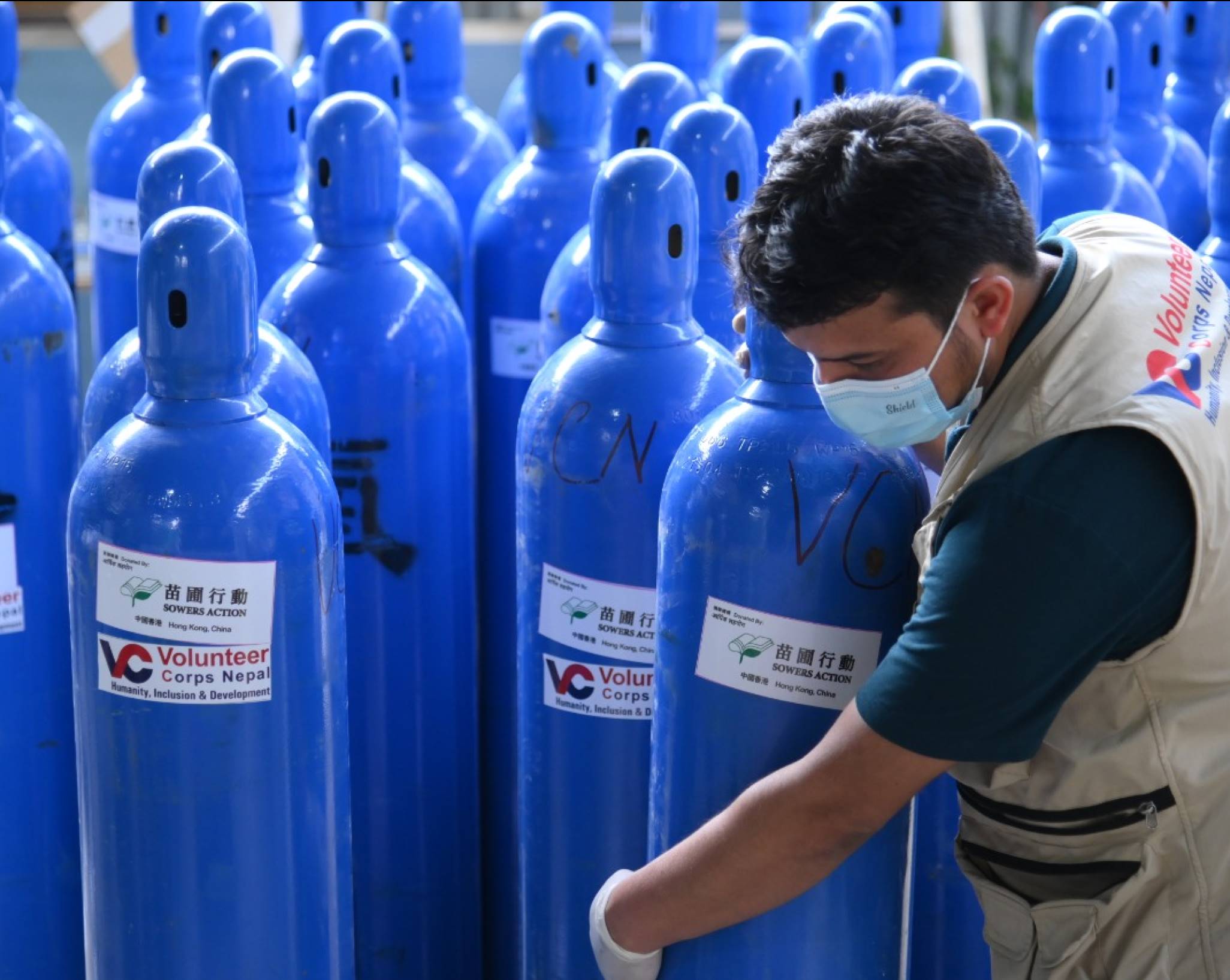

After a disaster, shelter is more than a place to rest; it provides security, supports mental well-being and protect from possible disasters. Following the disaster, VCN distributes zinc sheets, tarpaulins, ropes, blankets, and shelter kits for temporary shelters. Later, permanent shelters are constructed using affordable, disaster-resistant, and climate-friendly techniques to ensure safer and sustainable housing. VCN involves local communities in disaster risk reduction by training volunteers to rebuild safer homes, address vulnerabilities, and strengthen resilience against future disasters.
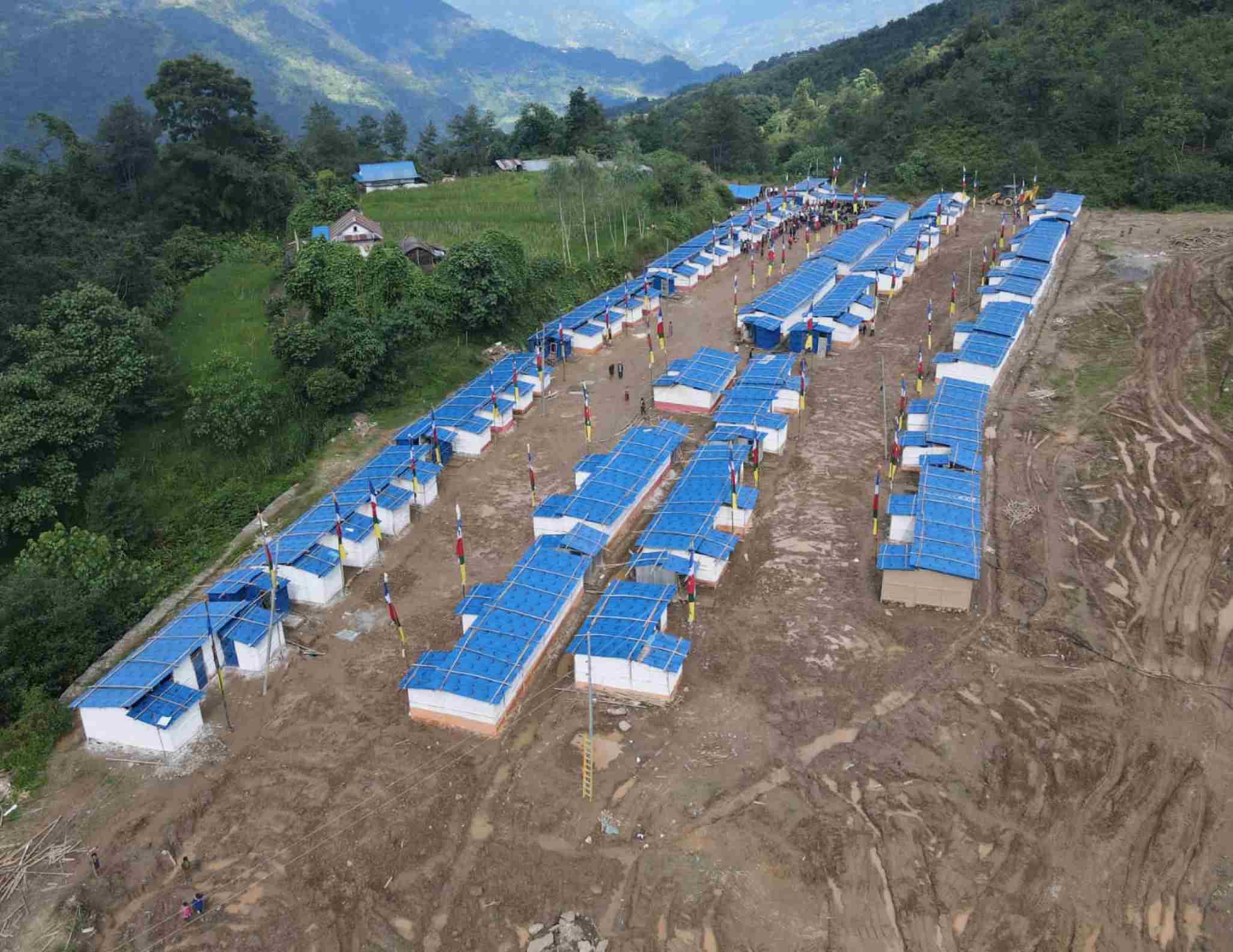
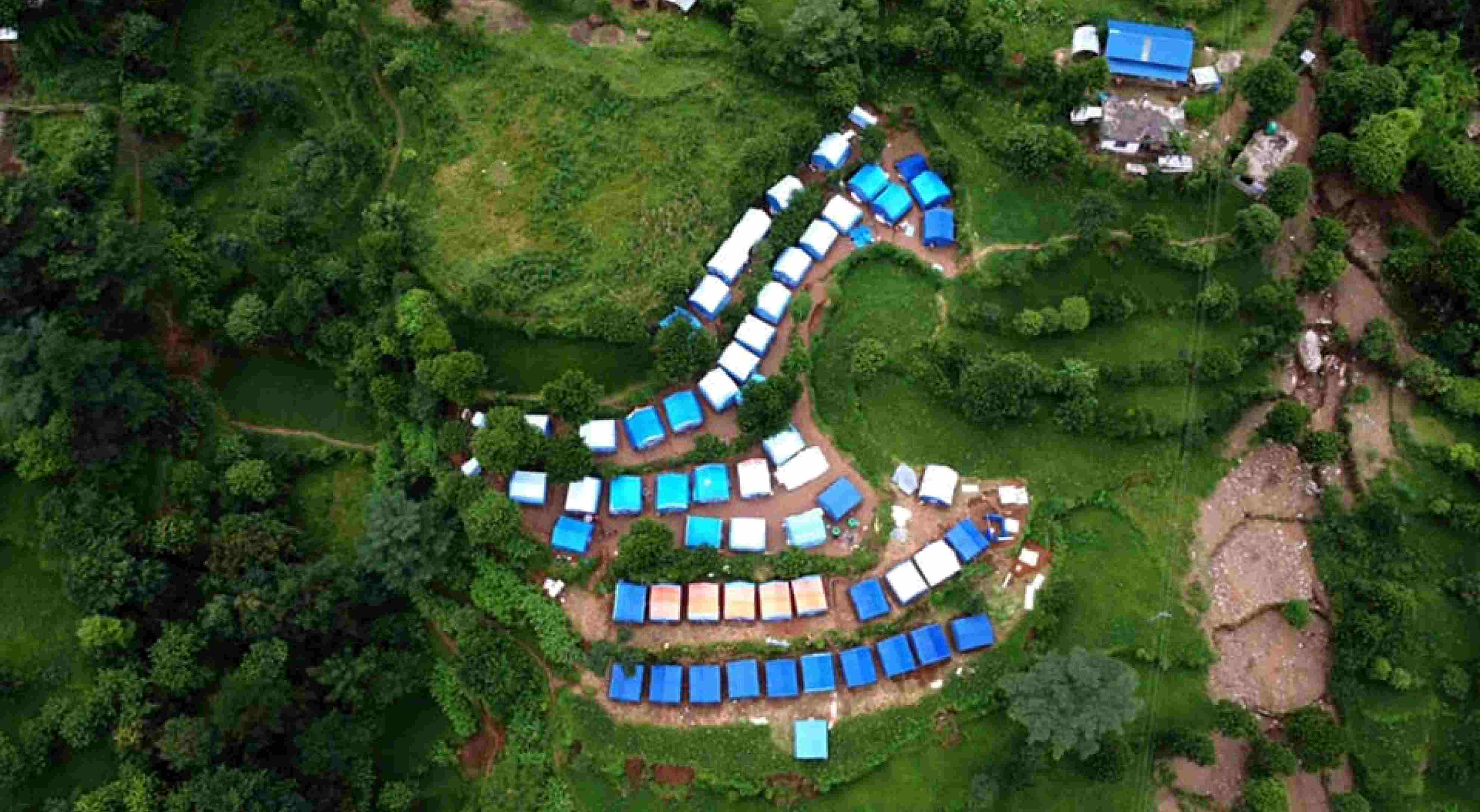
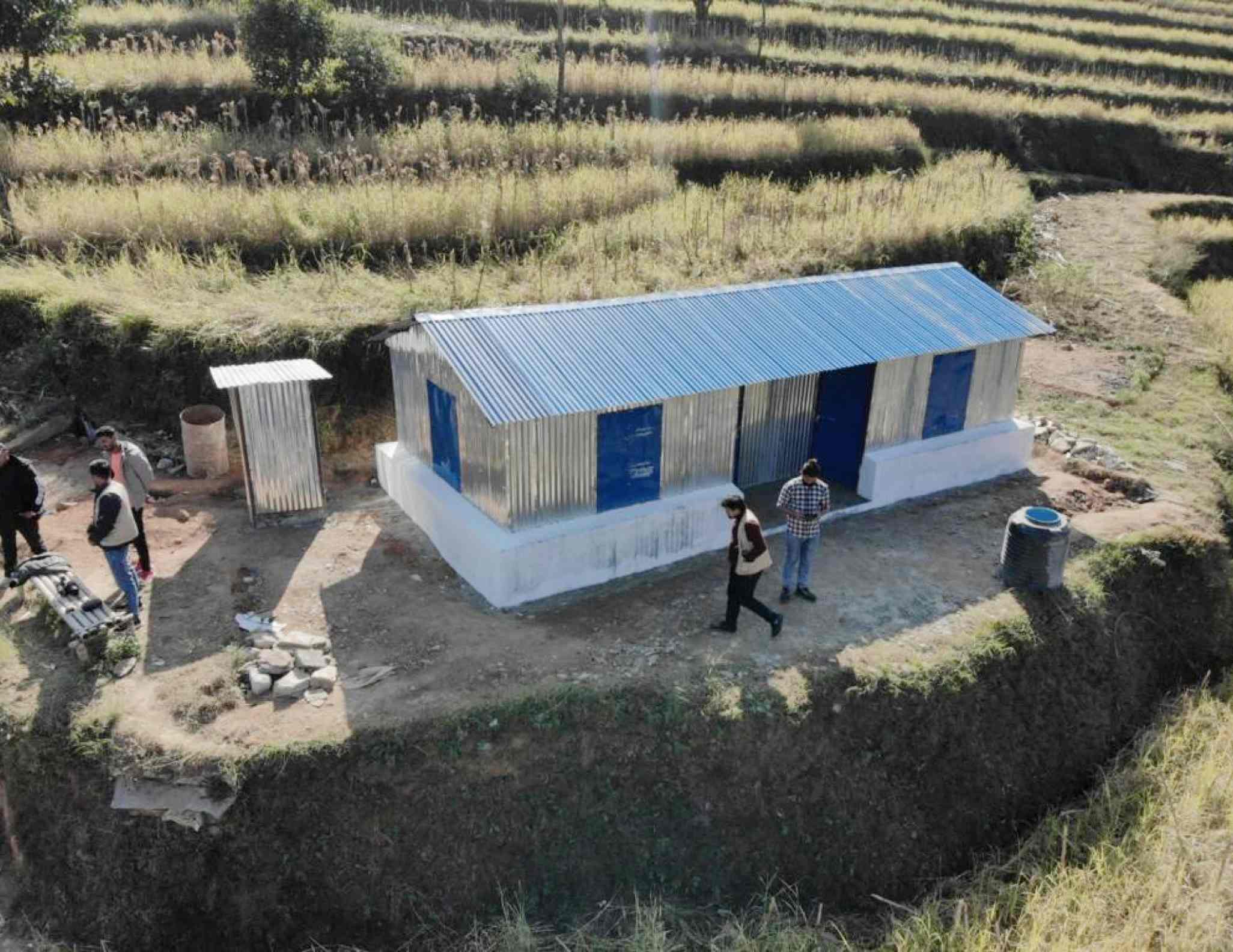
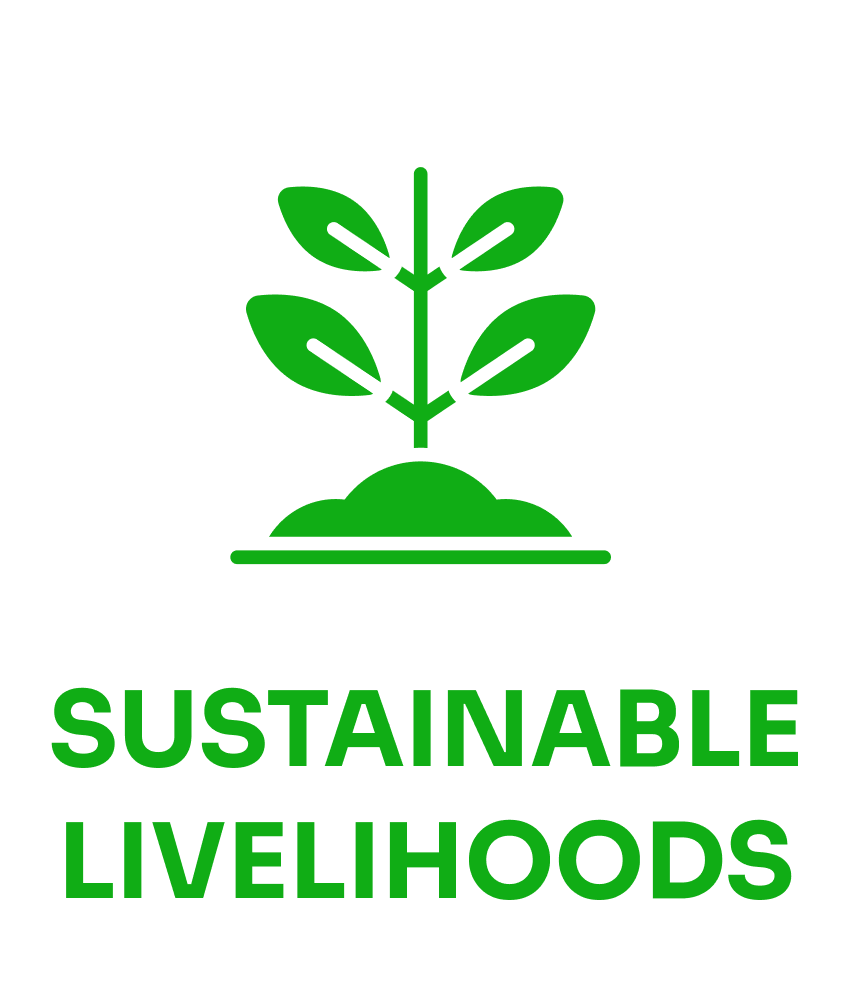
VCN is dedicated to revitalizing livelihoods in disaster-prone communities through training programs that enhance agricultural skills, promote climate-smart farming for high-value crops, and foster entrepreneurship with market linkages. We support farmers with microloans for agriculture and livestock, assist in irrigation systems, and provide seasonal seeds and tools for kitchen gardening. Our commitment to organic farming includes year-round crop production techniques and nutrition education. Additionally, we offer psychosocial counseling to support mental well-being. These efforts aim to achieve economic sustainability, enhance food security, and build resilient agricultural communities.
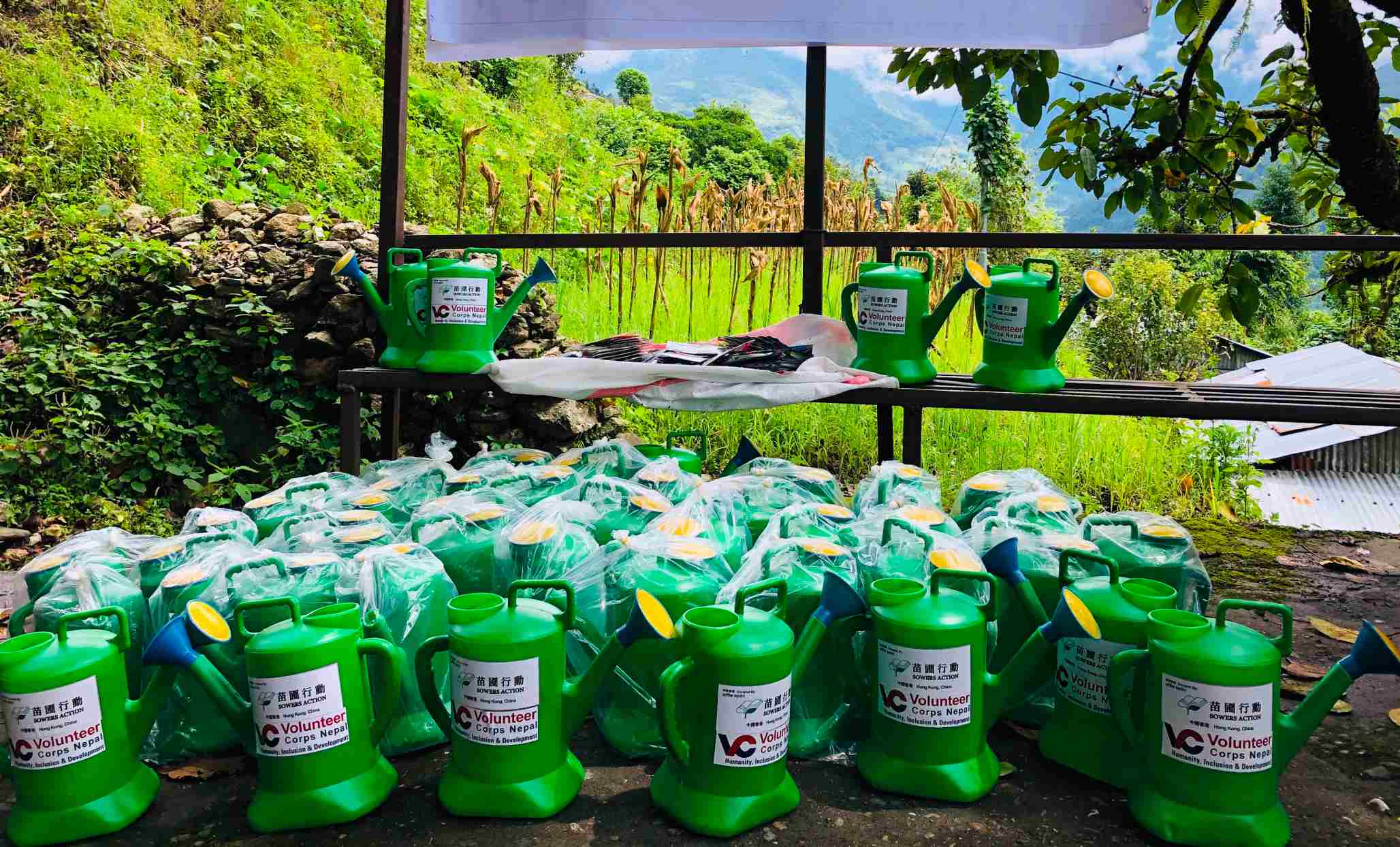
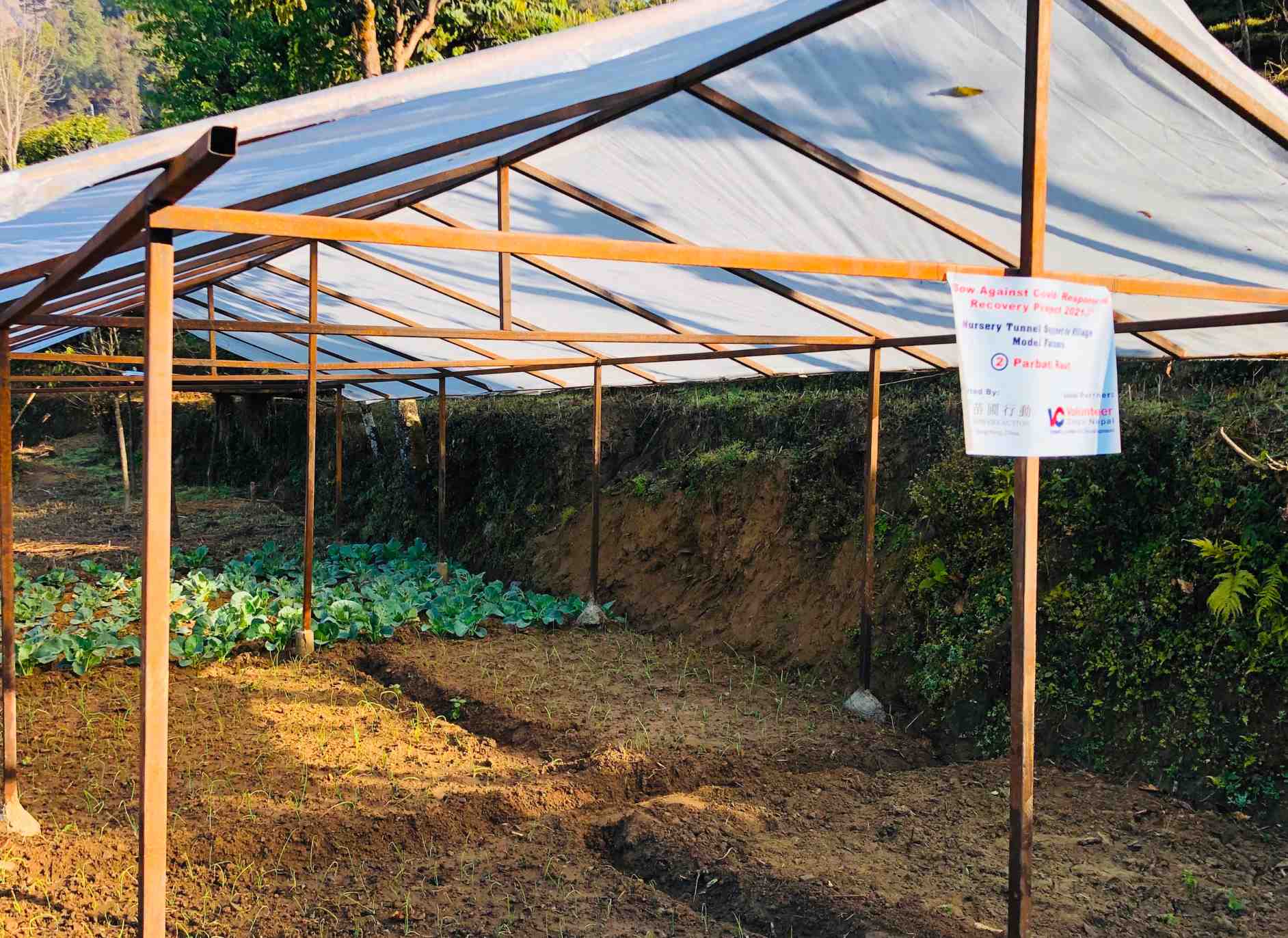
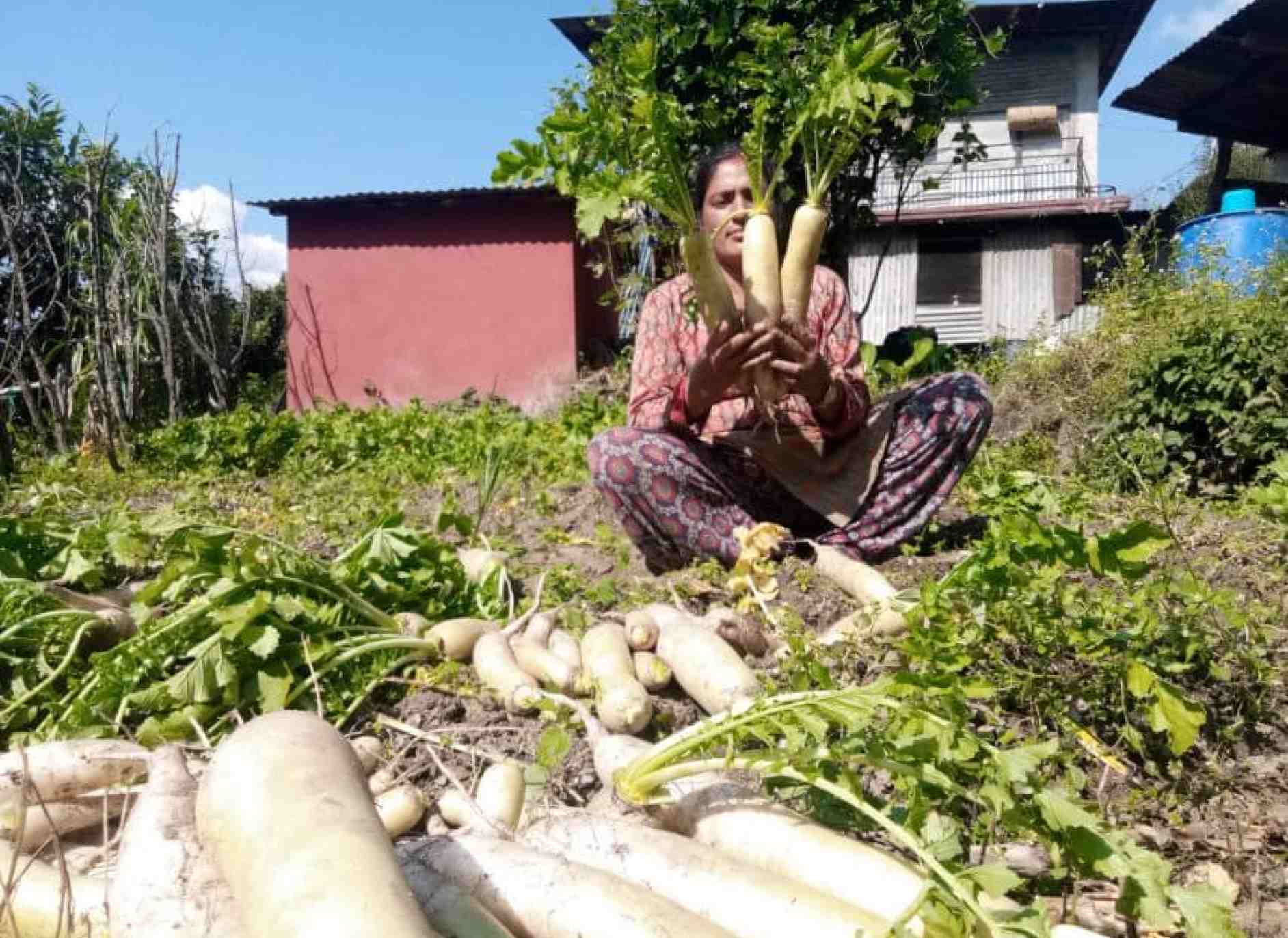
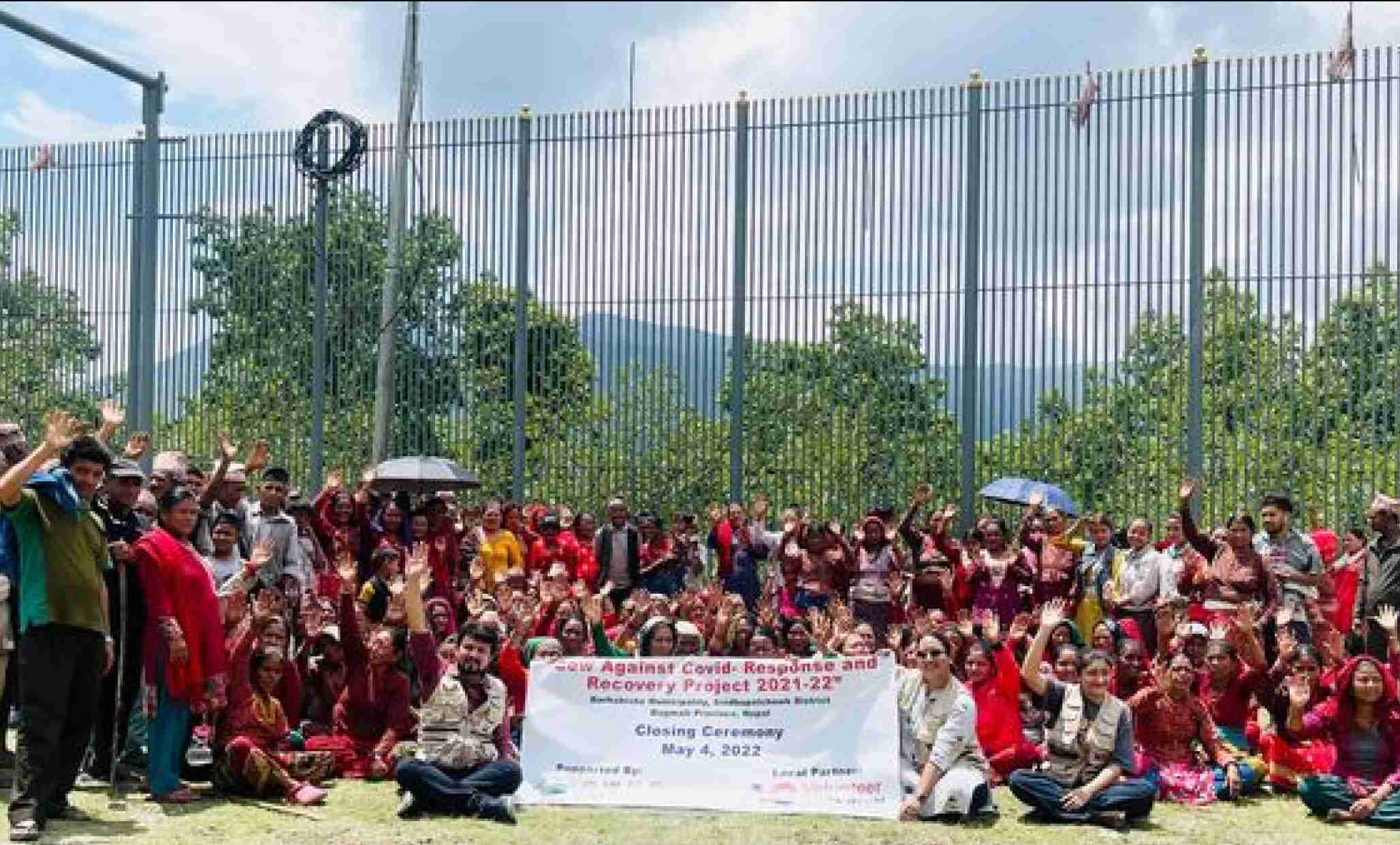
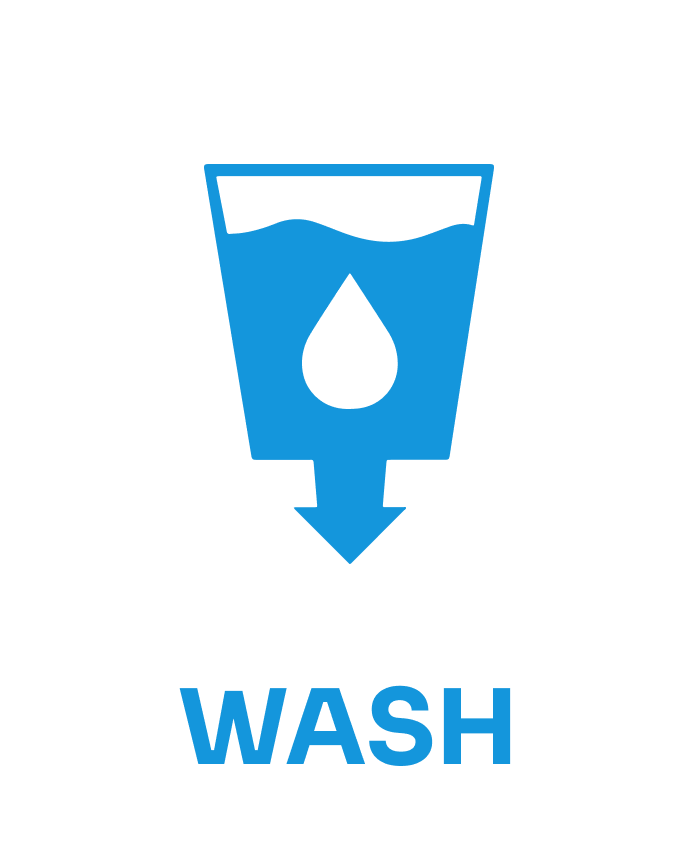
In response to disasters, we promptly initiate Water, Sanitation, and Hygiene (WASH) activities in affected areas by distributing clean drinking water, water filters, hygiene kits, dignity kits, and setting up temporary toilets to prevent possible disease outbreaks. For long-term community resilience, we establish innovative, sustainable water and sanitation systems for households, schools, clinics, and public facilities to achieve lasting impact. Additionally, we conduct awareness
